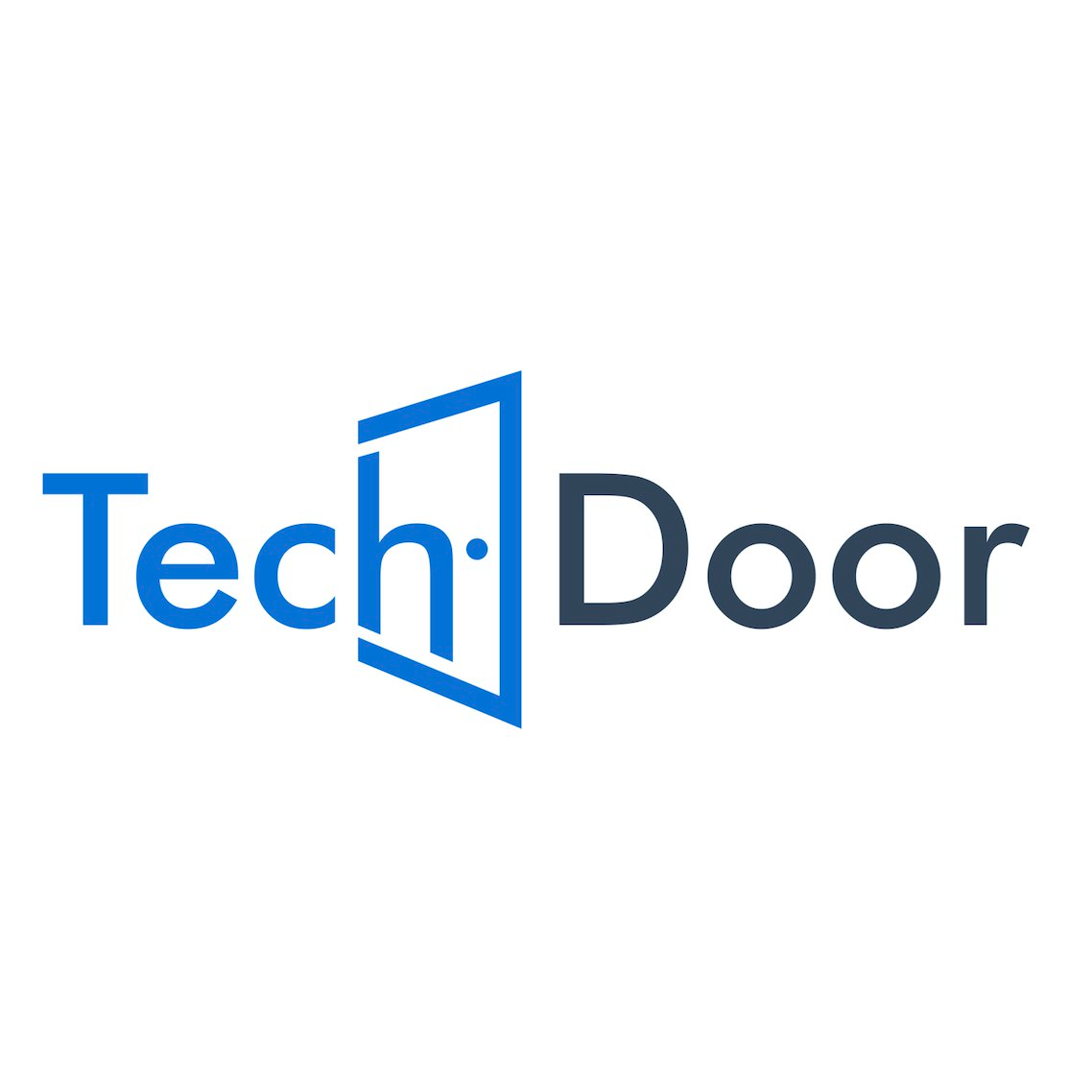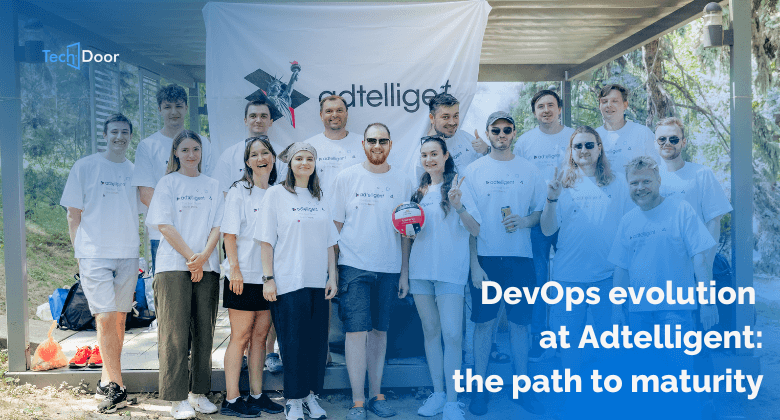Today, it is a technology group with several teams, products and trends in online advertising and marketing. But the origins, as often happens, go back to one team, a few servers, and the first line of code. This article is an attempt to make sense of the path the group has travelled in 15+ years. From startup spirit to a mature, scalable infrastructure. From manually deployed solutions to its own data centres and international presence.
From improvisation to architecture
In 2008, the first company of the future Adtelligent Group took its first steps as a typical technology start-up: servers were rented, code was written in PHP, there was almost no monitoring, and access to production was protected more by enthusiasm than by control systems.
In those years, this was considered the norm. There were no formal processes - everything was based on speed, flexibility and technical intuition.
But by 2015 it becomes obvious: business is growing, and the infrastructure has to keep up. The movement towards systematicity begins: Zabbix, Jenkins, SSH keys appear, and the number of servers approaches a hundred. This is the first step from a startup approach to a responsible approach in infrastructure.
"That's when we first realised that growth wasn't just about traffic or customers, it was about maturity of the infrastructure. We could no longer 'just fix things quickly'. We needed to build a system that could withstand scale, not enthusiasm." - Yuri Gorokhov, co-founder and service station operator of the company, recalls.
Transition to maturity
In 2017-2018, the Group's key companies are going through a rethinking phase. Under the pressure of traffic and seasonal peaks, processing is being rewritten: from NodeJS to Go. This gives a performance boost, but reveals a weak link - MongoDB. It is being replaced by ClickHouse. The migration is complex and multistage, but the result is obvious - stability and scalability.
At the same time, processes are being reorganised: GitLab CI/CD is being implemented, outdated YouTrack is leaving, and monitoring is being updated. Development and DevOps start to work in tandem, realising that technical debts and failures are most often caused by poor coordination between teams. Therefore, interaction becomes systemic.
The group of companies are moving in sync - in different jurisdictions, at different paces, but with a common philosophy: automation, reliability and scale.
Standardisation as a strategy
From 2020, the Group is taking the next step: moving from disparate solutions to a unified architectural logic. Central authorisation via FreeIPA, migration of all servers to Ubuntu 22.04, abandonment of PM2 in favour of systemd, unification of deploy scripts - all these are elements of the strategic approach.
Docker becomes the foundation of the build, YAML becomes the universal inventory language. These steps turn the infrastructure into a system where everything is interconnected and transparent.
Monitoring is also evolving: Grafana, VictoriaMetrics, proprietary visualisations. But even here, the Group is under no illusions: even ideal solutions become obsolete. Therefore, work continues on new approaches to observability.
Growth, scale and internal culture
2024-2025 is a time of consolidation and scaling. The Group of Companies is becoming not only technologically mature, but also managerially aligned.
A unified system of response levels (L1-L4) emerges, NOC teams are formed, regulations, duty schedules and escalation procedures are created. Within Adtelligent, standards of co-operation are established that are understood in the US, EU and Moldova.
The frontend is undergoing significant shifts: React is replacing AngularJS, Storybook is being introduced, Tailwind is replacing Bootstrap, and Vite is becoming a standard. Backend is gradually moving to Laravel, and containerisation is turning from a practice of individual projects into a basic principle.
Azure AD and Microsoft Teams are becoming the corporate standard. Documentation is accumulated in Notion, process visualisation in Miro. The group no longer uses temporary solutions - it acts as a single organism.
Moldova: the region as a strategic enlargement
In 2023, the Group opens a new region for itself - Moldova. And it does it thoroughly, not as a temporary outsourcing site, but as a full-fledged point of presence.
This is where the office opens, hiring starts, processes are built, mitaps and internal sessions take place. Engineers from different parts of the country work in Moldova. The group shares knowledge, invests in the local IT community and sees the region as a strategically important part of infrastructure and team growth.
Our team is constantly growing and we always welcome new colleagues - all vacancies at our website.
The future: transparency, control, resilience
The immediate tasks are to complete the implementation of Puppet, deeper integration of monitoring, and development of internal documentation. But the main thing is to create our own infrastructure management tool. It should unite everything: visibility, automation, inventory and control - in one interface. Without scripts and Excel files.
Engineering initiatives for 2025 include:
- VRRP balancing based on Mikrotik;
- TLS offload on ASIC network cards;
- TCP offload on the DPU;
- DPDK testing to increase throughput.
All of these steps are aimed at one thing: improving resiliency, reducing latency, and achieving predictability at critical points in the infrastructure.
In lieu of a conclusion: the movement continues
Adtelligent is dozens of teams, hundreds of servers, billions of requests. But it's not just a techno-platform. It is an ecosystem that preserves the spirit of experimentation, readiness for change, and respect for deep engineering culture.
The journey continues. And that is its real strength.
If you have found a spelling error, please, notify us by selecting that text and pressing Ctrl+Enter.







